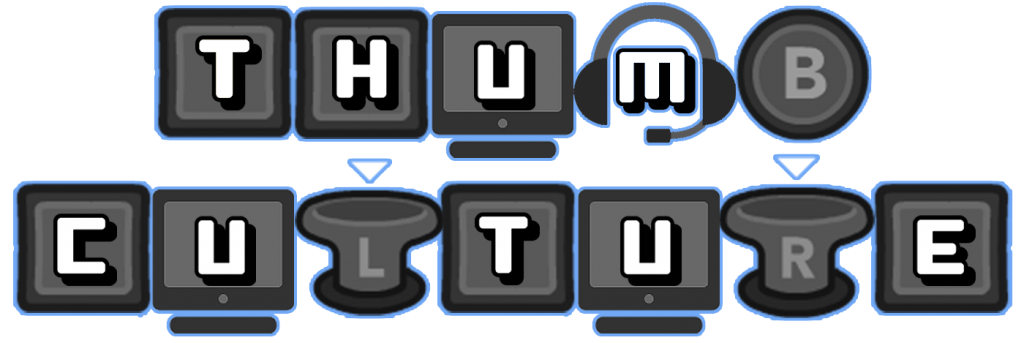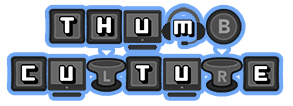
Metroidvania meets point-and-click meets choose-your-own-adventure in Quantum Witch, a pixel art “plot-former” by solo dev NikkiJay. The game releases today on Steam. Heavily inspired by the ZX Spectrum, Jay explores her experience of growing up in a religious sect and embracing her true self through a tale of comedy, fantasy and the far-reaching effects of choice. In her own words: “a queer emancipation story”.
You play Ren, a young woman living in the perfectly idyllic realm of Hus. Life seems quiet and simple: find your lost flock, pick a pretty flower for your wife, confront and dethrone God. Wait, what?! Suddenly, you get a glimpse of a destructive and encompassing force entwined in the roots of this slightly saccharine utopia. And you’ll be damned if you’re not going to get the bottom of things! Or when the great Lampshade resets the world with a frilly reckoning, that’s a possibility. Your choices will change the world… literally.
IT’S NOT A CULT!!
I have a somewhat ambivalent relationship with choice-based games. The freedom to experience different outcomes through branching paths excites me. However, I also get incredibly nervous and itching to reload a save whenever a character so much as looks at me funny. But ultimately, they will always draw me in. Plus, with a pixel art obsession and having spent my early years in a similar religious setting to Jay, being drawn to Quantum Witch was bound to happen.

Gameplay
All adventures start with a fetch quest, right? You control Ren on a Metroidvania-like 2D plane as she searches for her lost flock of faer that have escaped their pen. Sporadic platforming segments are introduced to access different areas, along with some wall-jumping and hand-to-hand combat (primarily involving boxes). But the real bread and butter of this story is conversations and choice. Almost every choice you make affects where the story branches from there. A popular game mechanic nowadays, to be sure, but not many games take it to this level. Even the simple act of exiting a conversation early will take the story down a different path. Many of these are known as Waveforms, achievements earned by making specific choices at specific times.
Conversations with different people at various times will provide you with more insight into the divinely feminine lore and culture of Hus, taking a deeply layered and meta turn later in the game. To tell is to spoil, but it is a clever concept. ‘The Shadies’ (worshippers of the Great Lampshaded One) are ever-present with their cheery statements of how they are, of course, not a cult and colourful literature explaining just how far from a cult they are. While disturbing imagery and themes are touched upon, this kind of humour mixed with a daft British overtone is the overall vibe of the game in general. Fans of Thank Goodness You’re Here and classic LucasArts titles will feel very much at home. There are also hilarious references to other video game franchises via the village marketplace—a genius way of working them in!

Bountiful and Broken Branches
Further into the story, Ren learns the art of Quantum Magic, rippling the fabric of reality to access certain areas to advance the story. From this, she discovers the existence of the Qverse and dives deeper into it to face the gods that manipulate it. As your choices branch further, there are deep (and also witty) explorations of the dichotomy of blind belief and critical thinking, the freedom to choose and being “happy” because of the “mercy” of an omniscient deity. While the execution is mostly done well—the Riverhome segment in particular—there are some imbalances which are hard to ignore.

Even if the preceding choice seems pivotal and would have a profound emotional effect on Ren, some outcomes or endings are rather abrupt, ending on a quirky Hus profanity and cutting to black. The scene of Asgard’s destruction in Thor: Ragnarok comes to mind. The resulting emotion or aftermath is not played out, which is odd given some of the other endings. Some conversation threads and areas that appear important are also mentioned or visited only once and left hanging with many unanswered questions. Conversely, some interactions provide you with lots of text all at once, detailing vital Hus lore or Qverse aspects, but very much spontaneously.
As this game autosaves and your choices are permanent, keeping track of both Ren’s story and the overarching lore informs those choices. But this proves difficult when the delivery is fragmented. Consequently, it’s harder to become invested if you feel like you haven’t truly absorbed everything.

Glitch in the… Matrix? Multiverse? Thingy?
While very polished for the most part, at the time of writing, there were a couple of bugs that popped up during multiple playthroughs. With a controller, moving the left stick to go right was a little temperamental, requiring diagonal movement or not working at all. Thankfully, the D-pad worked perfectly, so it wasn’t a huge issue. In addition, the screen would occasionally freeze while the game continued in the background. Quitting and restarting solved this, and hopefully, both bugs have been or will be patched. However, the freeze did unearth some confusion about autosaving.
In most cases, the game autosaves when you enter a new area. At least that’s how it appeared — there’s no autosave icon or similar visual cue. However, both with and without the screen freeze, there were occasions when I would load the game and be some way back in a previous area. A mild inconvenience, but if your playthrough involves getting a specific waveform, and you haven’t kept notes, it’s easy to forget a choice you made and overwrite the save with a different one.

Graphics & Audio
Like the computer it pays homage to, Quantum Witch channels that classic ’80s pixel art style and CRT screen effect nicely. The latter can also be toggled on or off to suit your preference, though, which is welcome. While the sprite and location designs are minimal, there’s still a lot of detail to be found in small animations and movements. After a certain interaction, Mount Hild in the background of the village will occasionally shudder if you stand still long enough. There are also impressive water and ice reflection animations, which I’m a sucker for in any visual style but particularly in more minimalist ones.
The soundtrack is also strong and surprising in its variety. Cheery 8-bit ditties lead into punchy boss-battle rock before sliding into slinky noir jazz. Some of these tracks can get a touch repetitive, but thankfully not to the point of irritation. But what works particularly well is moments of silence. One particular area is completely devoid of background music, and the personal moments explored here are all the more powerful for it.

Final Thoughts
Quantum Witch is an intriguing, deeply personal adventure that uses humour, empathy, and the celebration of choice to tell a story of emancipation. Some elements work better than others, and the imbalance between exposition-heavy and abrupt scenes can be jarring. Nevertheless, it is an enjoyable and jovial experience that will hopefully give courage to players who are wrestling with the same uncertainties Ren (and Jay) experienced. To quote a powerful Lord of the Rings queen: “Even the smallest person can change the course of the future.”
So, it earns the Thumb Culture Silver Award. Just keep it away from the faer, they’ll eat anything!

Disclaimer: A code was received in order to write this review.

YouTube | Facebook | Twitter | Instagram | Discord | Podcast
